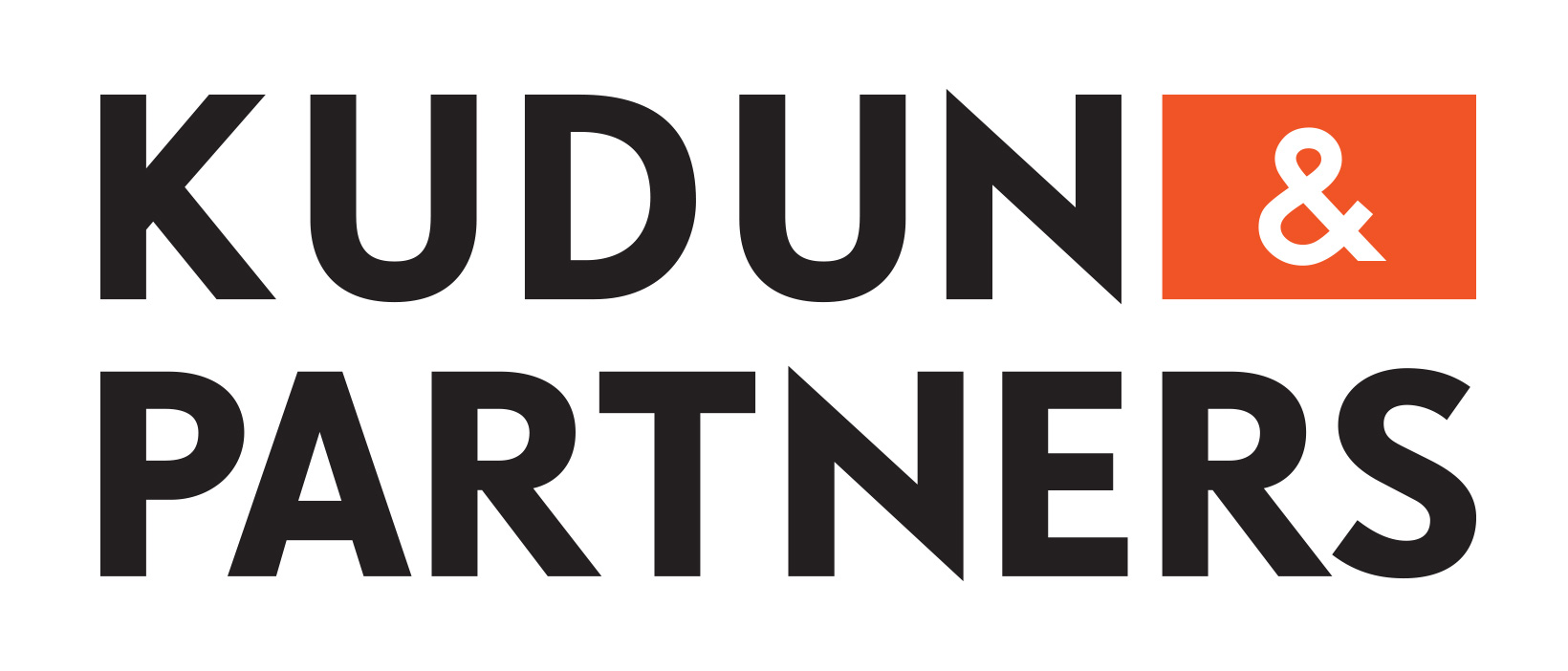January 13, 2023
One of the common complaints that commercial entities have about international arbitration in Thailand is the costs. Whilst in the past, international arbitration has been promoted as being cheaper than court litigation, in practice this has not always been the case, particularly in the case of complex commercial disputes or investor state arbitration. Third party funding can dramatically change this landscape. The definition of third party funding, simply put, is where a third party funds the costs of a litigation or arbitration on behalf of one of the parties in return for an agreed return. For parties who wish to pursue litigation or arbitration but cannot afford the costs – or the financial risk – of doing so, this could be an answer to their problems. It may also make a way for arbitrations to become more accessible and pursued in Thailand. In this article, Kudun and Partners and third party funder, Deminor Litigation Funding, examine the possibility of third party funding in Thailand by exploring the current landscape and providing a comparative analysis with the situation in Hong Kong and Singapore. The article concludes with some food for thought as to whether third party funding could be a possible way forward for Thailand. Current landscape in Thailand Third party funding is not allowed in a number of jurisdictions as a result of the common law doctrines of maintenance and champerty. Maintenance occurs when one “officiously intermeddles” in a legal action by maintaining or assisting a party with money (or otherwise) to prosecute or defend the action, when one has neither an interest in the action nor any other... November 9, 2022
The world’s energy shortage crisis immensely affects the fluctuation of prices of natural gas and fuel, as well as the global economy. Many leading countries have encouraged and promoted the development and use of clean and renewable energy for sustainability. Thailand is well aware of the global trend and the rise in the country’s energy cost, so the Thai government, in collaboration with the relevant public authorities has set out one of the country’s goals to be a low-carbon economy with net-zero carbon emissions. As a result, the Energy Regulatory Commission of Thailand (ERC) has published the Regulation re: Procurement of Electricity from Renewable Energy under Feed-in Tariff (FiT) for the year 2022 – 2030, effective on 28 September 2022 (the “Regulation”), and the Announcements of the Invitation to Purchase the Renewable Energy under the FiT for all promoted renewables, i.e., Biogas (wastewater/ solid waste), wind, ground-mounted solar, and ground-mounted solar with battery energy storage system (BESS), effective on 1 October 2022 (the “Announcements”). The key elements of the Regulation to promote the procurement of renewable energy are as follows: Renewable Energy Power Producer Power Purchase Agreement Form Proposed Electricity to be sold FiT rate (THB per Unit) Biogas (wastewater/ solid waste) Remark: fossil fuel is not allowed, except only at the commencement stage of the power plant operation. · Small Power Producer (SPP)* · Very Small Power Producer (VSPP)** Non-Firm Not exceeding 90 MW THB 2.0724*** (for 20 years) Wind THB 3.1014*** (for 25 years) Ground-mounted Solar THB 2.1679*** (for 25 years) Ground-mounted Solar with BESS · Small Power Producer (SPP)* Partial Firm More than 10 MW... By Firm
Key Person Profile
Recent Past Events




 Kudun and Partners Limited
Kudun and Partners Limited Kudun Sukhumananda
Kudun Sukhumananda Troy Schooneman
Troy Schooneman




